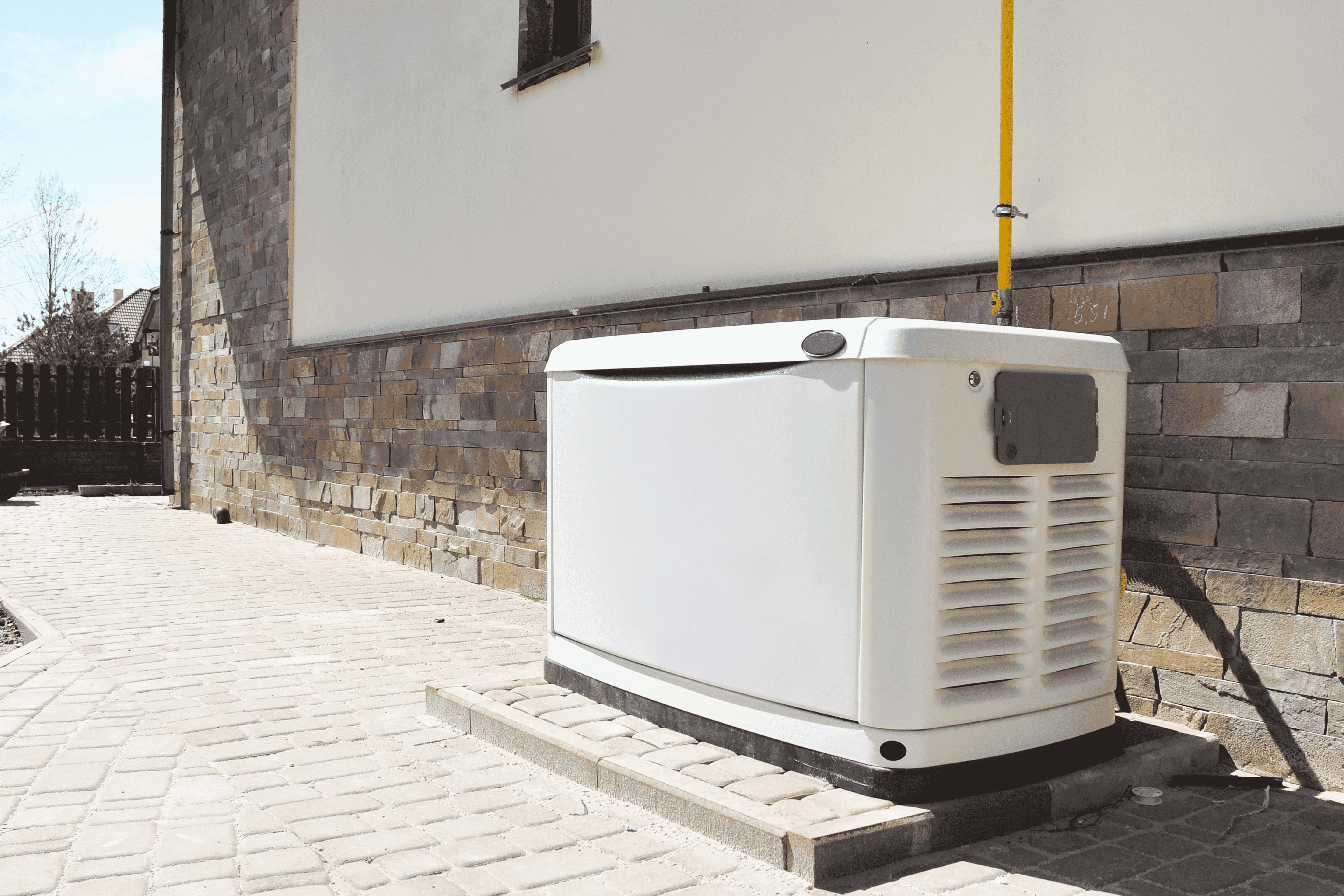
Choosing the Right Generator: A Guide for Home and Business Owners
Power outages can be a real inconvenience for both home and business owners. Fortunately, generators provide a reliable backup source of power to keep the lights on and the appliances running. However, with so many options on the market, it can be challenging to choose the right generator for your needs. Here are some factors to consider when selecting a generator:
- Determine Your Power Needs The first step in selecting a generator is to determine your power needs. This will depend on the size of your home or business, the number of appliances you want to power, and any special requirements, such as medical equipment. Generators are rated based on their output capacity, measured in watts. Be sure to choose a generator that can supply enough power for your needs.
- Consider Fuel Type Generators can run on a variety of fuels, including gasoline, diesel, propane, and natural gas. Each fuel type has its advantages and disadvantages, so it's important to consider which one is right for you. Gasoline and diesel generators are the most common and are generally more affordable, but they require more maintenance and may not be suitable for extended power outages. Propane and natural gas generators are more expensive upfront but can be more convenient and cost-effective in the long run.
- Decide on Portability Generators come in a range of sizes and weights, from small portable models to larger stationary units. Portable generators are easy to move around and can be taken to a job site or used for camping or tailgating. However, they may not provide enough power for larger homes or businesses. Stationary generators are more powerful and can supply enough power for an entire home or business, but they require professional installation and can be expensive.
- Consider Noise Level Generators can be loud, so it's important to consider noise level when choosing a generator. Portable generators are generally louder than stationary generators, but there are quieter models available. Consider the noise level when selecting a generator and choose one that won't disturb your neighbors or customers.
- Check Safety Features Finally, it's essential to consider safety features when choosing a generator. Look for generators with built-in safety features such as automatic shut-off for low oil levels and overloads. Make sure to follow all safety guidelines and instructions when using your generator to avoid accidents and injuries.
Selecting the right generator for your home or business can be a daunting task. However, by considering your power needs, fuel type, portability, noise level, and safety features, you can make an informed decision that will provide you with reliable backup power for years to come. Contact us today to learn more about our generator options and how we can help you choose the perfect generator for your needs.
